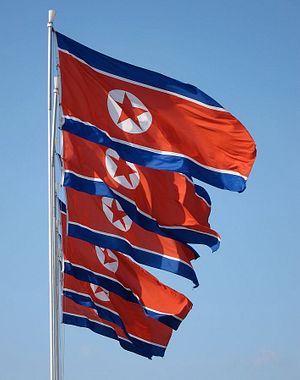Last week, in a major escalation of an ongoing diplomatic row, North Korea banned all Malaysian citizens with its borders from being able to leave the country. Reciprocating for the move, Malaysia similarly banned travel out of the country by North Korean citizens in the country.
The developments were the latest in the story of quickly declining bilateral ties between the two Asian countries since North Korean leader Kim Jong-un’s half brother, Kim Jong-nam, was killed by assassins using the VX nerve agent at Kuala Lumpur International Airport. Malaysia had expelled North Korea’s ambassador to the country days before North Korea issued its travel ban.
According to Malaysia’s foreign minister, the two countries will enter formal talks regarding the travel ban. Malaysia will seek the return of nine of its citizens who are in North Korea, according to Foreign Minister Anifah Aman. Malaysia also appears to have rolled back some of the negative momentum in the bilateral relationship, with the foreign minister suggesting that ties will not be severed.
“They want to start talking. We do not know what their demands are – we need to figure out what we can do to get the best result,” Aman told reporters on Saturday. He added that while several countries had offered to play a mediation role, the talks would be one-on-one. “No countries will act as a third party.”
Anifah added that the Malaysian government was in communication with the stranded Malaysian citizens, which includes the country’s serving diplomats in Pyongyang. Malaysia and North Korea maintain normal diplomatic ties; before the current bilateral crisis, North Korean and Malaysian citizens enjoyed extensive reciprocal travel privileges, including visa-free entry.
In the aftermath of the travel ban, which Pyongyang ostensibly put in place to secure its citizens who are suspects in the ongoing investigation into the murder of Kim Jong-nam, two Malaysians have been able to leave North Korea using United Nations passports.

































